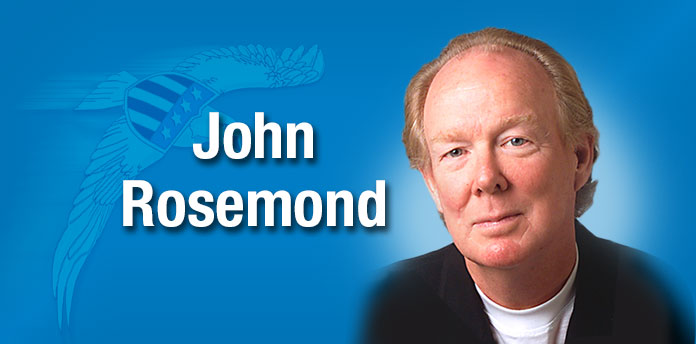When America’s mental health industry sees the opportunity to broaden its influence, they pounce.
If said opportunity presents itself in the form of odd behavior on the part of certain children, the first thing the industry does is invent a new diagnosis, thus securing their claim to “treatment rights.”
In the public eye, a psychological diagnosis means that the oddity in question is the result of some malfunction of the mind or perhaps neuro-chemistry that requires therapy (and, often, drugs) of one questionable sort or another, provided by an “expert” of often questionable expertise.
Such is the story of trichotillomania, which is the diagnosis usually given to children who for unknown reasons develop a habit of pulling out their hair. These children sometimes yank their heads bald. Or they pull out their eyelashes and/or eyebrows. When the offending hair grows back and is long enough to grab or pinch, they pull it out again. Trichotillomania, as it is known, is especially disconcerting for mothers of girls.
The parents of a five-year-old girl who had fallen under the sway of the trichotillomania demon consulted with a psychologist who told them the child was anxious over beginning school. She claimed to know this because in play therapy, one of the most questionable of questionable therapies, the child used small dolls to create classroom scenarios.
How that translates to anxiety over academic learning is yet to be determined, but if a psychologist says so, it must be so. The therapist recommended continued play therapy, even though conclusive evidence that it works is seriously lacking. She opined it would probably be six months to a year of weekly sessions before the hair-pulling demon was exorcised by playing with a “teacher” doll.
The parents got in touch with a psychologist with impeccable commonsense. His diagnosis was “children do odd and inexplicable things at times.” At his direction, the parents told their demon-possessed daughter that she was allowed to pull her hair in the bathroom only, with the door shut, and if she forgot the rule and pulled somewhere else, it meant she needed more sleep and would go to bed early that evening.
The parents implemented this very non-psychological approach, and the hair-yanking demon immediately fled. It’s been over six months now, and it has not attempted its mischief again. Best of all, the little girl’s tresses are flourishing like never before.
Back in the day, this sort of approach to a quirky child behavior was referred to as “reverse psychology.” Just goes to show: There is nothing new under the sun.
[Family psychologist John Rosemond: parentguru.com, johnrosemond.com. Copyright 2022, John K. Rosemond]











Leave a Comment
You must be logged in to post a comment.